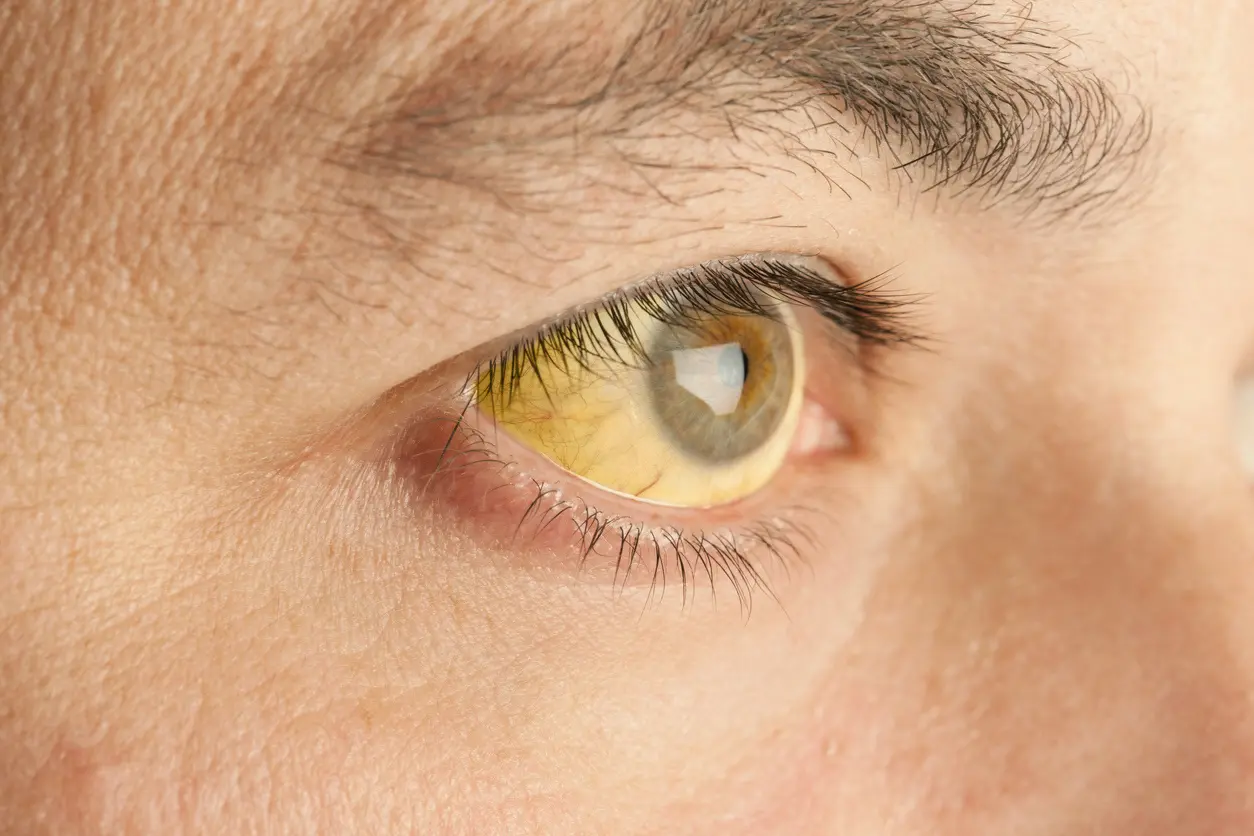At Addiction Advocates we provide guidance and support for those in need of rehab in Ashfield. With rehabilitation centres located across the whole of the UK, we can help guide you to the right treatment in the right location for you. All we ask in return is that you’re fully committed to your recovery.
If you’re concerned for a loved one we can still help. By giving our friendly and supportive team a call we can guide you through the best action to take.
All you have to do to take back control of your life is contact our team today for your free and confidential initial assessment and we’ll help get you on the road to recovery.
Symptoms of an Addiction
Anyone can become an addict and once formed an addiction forms it will have a powerful influence over your brain and the addiction cycle will begin. It is defined as something you lose control over, even when it becomes harmful to you. It’s often intertwined with mental health issues, as it can be caused by or cause these issues for an individual.
An addiction can be formed around a number of different behaviours, but is most commonly associated with drugs, alcohol and gambling.
It’s not uncommon, however, to become addicted to work, sex, the internet or shopping, to name a few. The symptoms of each addiction are fairly similar though, and the key signifiers to watch out for include the following:
- New circle of friends, who are also users
- Increased secrecy
- Problems sleeping or insomnia
- Memory loss
- Increased anxiety and/or depression
- Increased sensitivity, irritability and quick to anger
- Change in personality
- Bloodshot eyes
- Blotchy skin
If you or a loved one exhibit these symptoms then it’s highly likely that you’re an addict. No matter the severity of your addiction, it’s imperative that help is sought immediately. If left untreated your addiction will only worsen.
Since addiction is shrouded in denial it can be extremely challenging to admit to your addiction to seek help, which is why we make the first step really easy for you.
All you have to do is contact our friendly and supportive team today and we’ll guide you from there.
Finding Drug and Alcohol Rehab in Ashfield
If you’re searching for ‘rehab near me’, chances are you’ve overcome your denial and you’re ready to ask for help. Searching for the right kind of rehab in Ashfield can seem like a daunting prospect, especially since there are so many different options to take into consideration.
The first choice you’ll need to make is whether you want to opt for outpatient or residential inpatient rehab. The main difference is that inpatient treatment occurs whilst you live onsite at the rehabilitation centre.
The main advantage of this setup is that it provides distance between you and your negative lifestyle that drives your addiction.
Outpatient treatment can work effectively for certain individual, but here at Addiction Advocates, we treat thousands of individuals every year in residential rehab centres.
Alongside the geographical distance you gain from your daily life you’ll also have access to a wide variety of facilities and treatments that you would not get with outpatient treatment.
If you’re still unsure about which option works best for you, we can provide you with guidance and support to help you make a choice.
Private Rehab Vs NHS Rehab
The cost of private rehab may be enough to put you off, but what you need to remember is that rehab is not just 28 days, but a new life. Through rehabilitation you can take back control of your life, turn it around and build a brighter future for yourself.
The rehab treatment you choose is the first step in your long road to recovery. With this in mind, you need to ensure that the treatment you receive is of the highest quality and offers you everything you need to help you sustain long term recovery.
If you go though your GP to receive the rehab treatment you require, it’s highly likely that you’ll undergo outpatient treatment at a detox clinic, followed by therapy sessions.
All of this treatment will also be free of cost. However, due to the stretched resources of the NHS waiting lists are long and treatment can take up to 6 months to receive and are limited in the number of sessions you’re eligible for.
Our Approach
Upon arrival you’ll undergo a full medical assessment that’ll determine your physical and mental health. From this assessment medical professionals will determine your personalised treatment programme.
All rehab treatment begins with detox to ensure that you’ve a clear mind for therapy. Detox usually lasts a couple of days and is often accompanied by withdrawal symptoms, as you slowly reduce the consumption levels in your body.
The withdrawal symptoms you experience will be dependent on the severity of your addiction, but may include any of the following:
- Headaches
- Nausea and vomiting
- Problems sleeping
- Increased heart rate
- Shakiness
- Anxiety
- Depression
- Hallucinations
- And in more extreme circumstances, seizures
Once you’ve completed your detox you’ll undertake a range of therapies, designed to help you identify the root causes of your addiction and its triggers, and how to manage and control your cravings and thought processes.
Rehabilitation is usually considered to be a clinical, prison-like environment, but this couldn’t be further from the truth.
We provide a homely, safe and comfortable environment in which to recover and we develop a friendly and social atmosphere with organised events such as games nights, movies night and days out. With this peer support you’ll feel like you’re surrounded with people that understand what you’re going through.
Contact Addiction Advocates Today
If you’re ready to admit to your addiction and commit to a lifetime of changes, then we’re here to help you. It’s imperative that you ask for help as soon as you can, to ensure that you get all the help you need.
Call us on 0800 012 6088 or text HELP to 83222.
References
- [1] following - https://www.healthline.com/health/addiction#signs
- [2] following - https://www.webmd.com/mental-health/addiction/alcohol-detox-programs#1
Latest News

Why Mixing Prednisolone and Alcohol Is Unsafe
According to a 2022 survey, over half the population of Britain take prescription medication. Many people think that because it

What Does Ketamine Addiction Look Like?
In the last decade, ketamine has become widely known in society. Whilst used in a medical setting for decades, there

How to Support a Loved One in Rehab Over Christmas
Knowing how to support a loved one in rehab over Christmas can be emotionally challenging. You might feel torn between

Rehab Abroad: 9 Countries To Consider & Why International Rehab Is A Good Idea
There are many ways to judge the best countries for rehab and addiction treatments. Some people look more to the